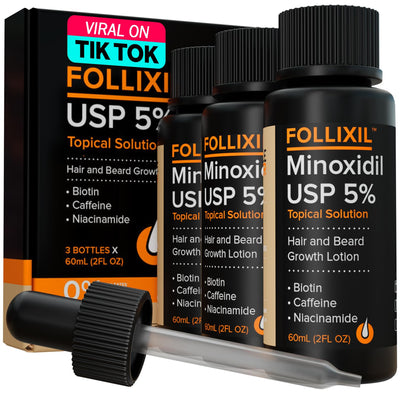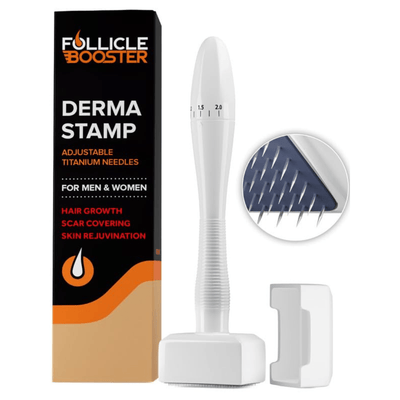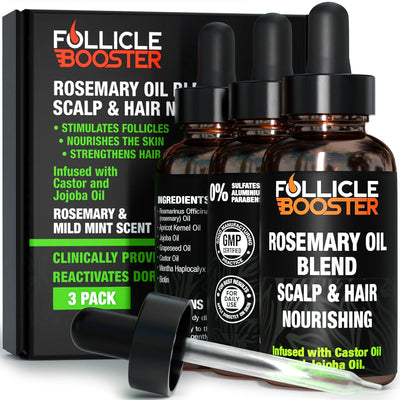Why Millennials are Losing Hair?
Hair loss has been a common problem nowadays and yet usually neglected. There are lots of factors involved in such condition where in one has to decide which treatment, medication or even natural remedies to try. If you're a millennial, you've probably noticed your hair is thinner than it used to be. You might even have a few bald patches. It's called "telogen effluvium" — and it's actually affecting millions of your age.
Telogen effluvium occurs when your body goes into "hair shock" after a major stressor. For example, if you had an accident or surgery, were diagnosed with cancer or another serious illness, or had an emotional trauma like the death of a loved one, your body goes into "fight-or-flight mode," where it temporarily diverts blood flow away from nonessential systems (like your hair follicles) and towards more important ones (like your brain). The number of young people experiencing hair loss has risen by almost half in the last 20 years.
According to a recent survey, nearly 50% of millennials have experienced some form of hair loss. In fact, it’s estimated that around 30 million Americans suffer from some type of hair loss. The majority are women, but more and more men are also experiencing thinning or receding hairlines.
The reason for this rise? Stress, diet and genetics are all factors that can contribute to thinning or falling out. But what else could be causing this sudden increase in hair loss among millennials?
Here’s why Millennials are losing their Hair:
Stress
The most common cause of hair loss is stress. It doesn’t matter if you’re female or male — stress can result in thinning or falling out. This is because when we experience stress our bodies produce a hormone called cortisol which can cause the scalp to lose its natural oils and nutrients that help follicles stay healthy and thick.* Studies show that a stress hormone called corticosterone prevented the derma papilla from secreting a molecule which activates hair follicle stem cells.
Diet

The food that you eat says a lot about you. Our diets play an important role in our overall health, including the health of our hair. A poor diet could mean that our bodies aren’t getting enough nutrients which would affect their ability to grow healthy and strong. Millennials have been exposed to unhealthy eating habits such as frozen goods, fast food and instant goods. It is also essential to keep in mind to have the right hair vitamins in order to activate the follicles natural ability to grow.
Genetic

If you’re experiencing hair loss, the first thing to ask yourself is “Is it genetic?” Genetics are at the root of nearly all forms of alopecia. There are many different causes of hair loss, but at least 50% of the time it will have a genetic component. Genetic hair loss is the most common form of hair loss. It usually starts in your late teens to early twenties and can progress until menopause. If you have it, your parents or siblings may have had it too.
The way we deal with our lifestyle, food intake and daily life demands pre-determined our hair’s health. But the good new is - hair loss is mostly treatable. You can opt with procedures, surgeries, medication and even natural remedies. Learning about the Hair Loss course will surely help you in choosing the right method,












